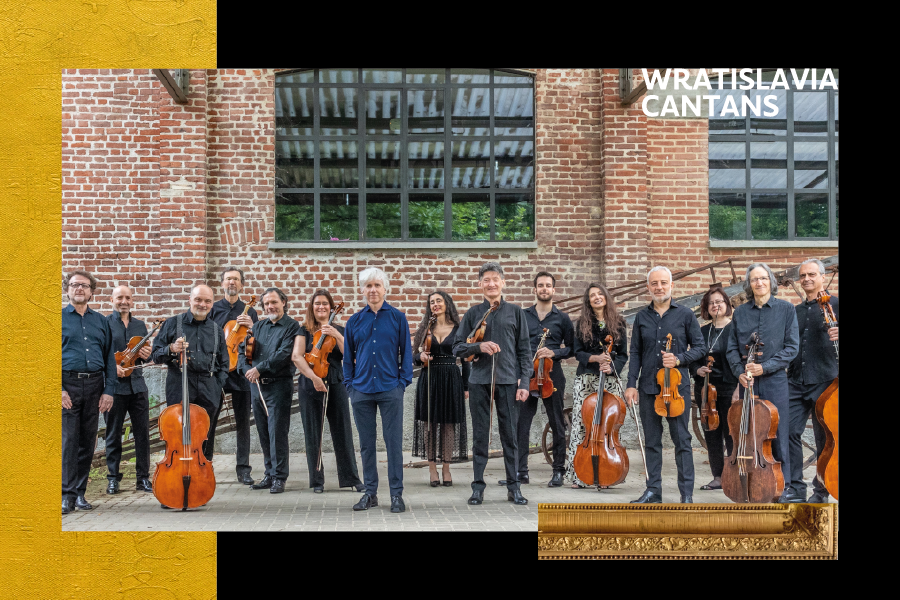„Evil, be thou my Good: by thee at least / Divided empire with Heaven’s King I hold, / By thee, and more than half perhaps will reign; / As Man ere long, and this new World, shall know,” says Satan in John Milton’s Paradise Lost. A view of power similar to the vision contained in literary verses, as having its source in wickedness, was held at the threshold of the 19th century by Ludwig van Beethoven, who was fascinated by the ideals of the Enlightenment. During the opening concert of the 60th International Festival Wratislavia Cantans, Il Giardino Armonico, conducted by Giovanni Antonini, will present the work during the composition of which the political dreams of the German artist were put to a severe test.
The performance of Beethoven’s Symphony No. 3 will be preceded by works by Wolfgang Amadeus Mozart. Not so long ago, the creation of the first two – Idomeneo Re di Creta Overture and Kyrie in D minor – was ascribed to end of the 1770s during Mozart’s stay in Munich. Today, Kyrie is associated with the last years of Mozart’s life, spent in Vienna. A little earlier than Idomeneo, in 1779, he created the Coronation Mass. It is a work of genius, although it is the result of a compromise between the creative possibilities of the master developed during his European travels and the limitations he encountered after returning to his native Salzburg. The form of the liturgical music composed by Mozart at that time was influenced by, for example, the preferences of Archbishop Hieronymus Colloredo – the composer’s patron at the time. The Cardinal expected musical settings of the mass to be concise and solemn. Mozart performed the task assigned to him perfectly. This work is compact, cheerful, and not devoid of a distinct theatricality. The mood of celebration is enhanced by the presence of percussion and quite numerous wind instruments in the lineup. The Mass was most likely first performed at Easter, shortly after it was written. It quickly gained fame far beyond Salzburg. In 1791, it was performed in Prague during the coronation ceremony of Emperor Leopold II of Habsburg as King of Bohemia, and a year later it added splendour to the enthronement of his successor, Francis II, hence its name. Immediately after ascending the throne, both imperial and royal, Francis had to engage in a war with a revolutionary France. The conflict with that country, ruled by Napoleon Bonaparte since 1799, ultimately led to the Habsburg representative renouncing the title of Holy Roman Emperor. The Mozart part of the concert, alongside Il Giardino Armonico, features soloists and the NFM Choir.
If it had not been for the earlier coronation of Napoleon himself as Emperor of the French, Ludwig van Beethoven would have been pleased with this turn of events. Driven by republican ideas, which he considered to be the embodiment of Bonaparte, who was then First Consul of France, he composed the Third Symphony between 1802 and1804 and entitled it Bonaparte. However, when the piece was finished, Beethoven learned that the Corsican had reached for the imperial wreath. “Now he too will violate the rights of men to satisfy his ambition, he will raise himself above everyone, he will become a tyrant!” Beethoven is believed to have said in embitterment, crossing Napoleon out of the masterpiece. Finally, an ironic dedication appeared: “A heroic symphony, written in memory of a great Man”. This is how the incomparable Eroica entered the annals of music history.

